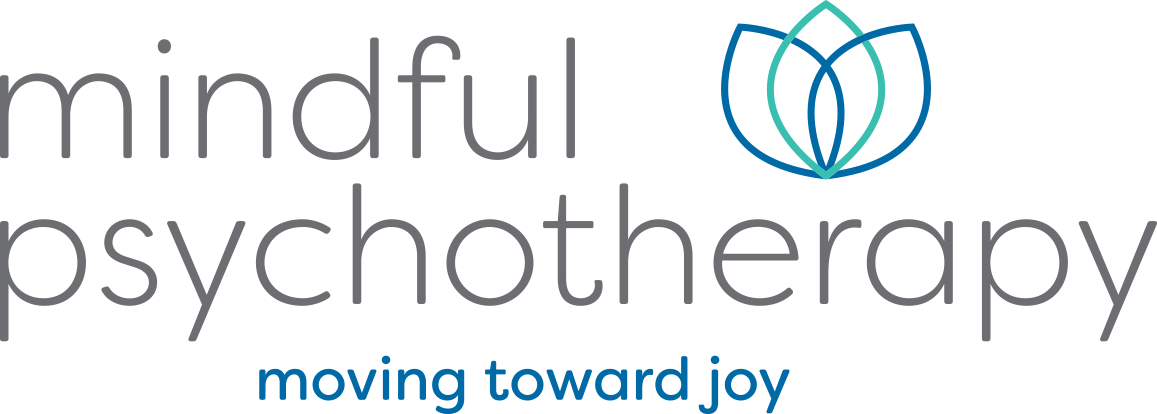A Mindful Approach to Anger
Anger gets a bad rap.
I imagine that statement might engender some disagreement.
Yet, we confuse the feeling of anger with the acting out of anger.
The feeling of anger is, like all of our other feelings, a form of internal communication. Anger tells us something. A mindful approach to anger is to figure out what anger is telling us, and then decide what to do.
The lack of mindfulness with respect to anger leads people to either act out (yell, fight, rage, etc.), or act-in (overeat, get depressed, be numb, etc.).
So what does anger communicate?
I find it is helpful to think about going under the emotion to figure this out.
Think of an event that is making you angry right now or recently made you angry. Allow yourself to sit with the feeling without too much of the storyline. If you breathe into the feeling, what feeling is just under the surface?
If I had to guess (and I do, as I am writing this before you read it!), my #1 choice would be hurt. My #2 choice would be about boundary violation.
Let me explain.
The most common feeling just below the surface of anger is hurt. It is often unacknowledged, as it speaks much more quietly than anger does, and we often don’t really want to acknowledge it.
When someone does something that hurts our feelings, particularly if we think it was intentional, we get angry. We then express anger, which is almost guaranteed to generate an unsatisfactory response from the other person. The other person is likely to get angry back, or dismissive, or withdraw. None of these address our underlying feeling of hurt, but, of course, we haven’t actually let the other person know we are hurt!
Going under the anger and expressing the hurt can make us feel very vulnerable. Yet it also allows for honest communication and connection. If the other person is able to hear that we are hurt, and comfort us, the situation approves. If they are not able to do that, it is a signal that the other person is not quite ready for an honest relationship and we can make decisions with that in mind.
Mindfulness, or open, non-judgmental awareness, can be combined with curiosity to explore our habitual response to anger. Next time you are angry, try this. Look for what is under the anger, and how that feeling can be addressed. Let me know what happens!

